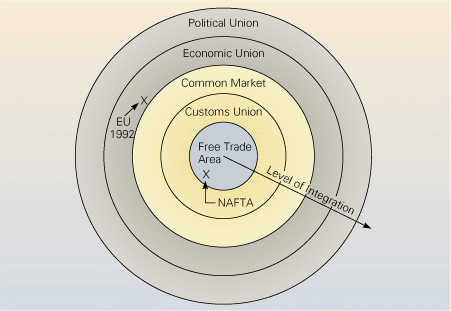So here is a long overdue updated from Vallendar in Germany where I am taking a two week intensive course on ‘The changing environment for international business in Europe’. This piece is going to be a little Australian-centric, simply because that’s my background and therefore the basis for my comparison other, your mileage may vary…
The decision to do an exchange involves some trade-offs in a 12 month program, heading overseas is difficult to do alongside an internship, especially when there are electives that prepare you for your upcoming return to the real world (or give you a last chance to check out something outside your field of expertise). I made the decision to drop the internship (having worked in Australia for most of my life) but a lot of my international friends opted to drop the exchange portion (somewhat reluctantly when they realized that it meant giving away a change to do Marketing at Kellogg or Finance at Stern!)
The intensive program suited me for a number of reasons: it’s closer to the pace of study that I’ve experienced during my time at MBS; it gave me a bit of time, post-exchange to travel around Europe and; there’s a different group dynamic when you drop 45 people in a brand new environment over the summer break (as opposed to joining someone elses’ program and sitting in with a cohort that’s already been together for 18 months).
One thing I’ve found particularly striking is the weight of history, coming from Australia with a little over 200 years behind us, my lifetime has already surpassed 10% of the nations lifespan. That leaves Australians with a different perspective on things, we’re just starting to find our feet as a nation; where your family comes from and what they’ve done for the last ten generations isn’t a question that comes up in conversation. The impact of being surrounded by other countries and cultures who at various times have been allies (perhaps even part of your empire, or you of theirs), enemies, competitors and betrayers and the cycle of conflict that has tracked with it has created a continent defined by differences.
And that’s the magic of the European Union, sure the additional bargaining power is nice (market representation of 550m people rather than 60m or 80m in the largest single countries) but what it has really created is interdependency and when you depend on someone, it’s a lot harder to go to war with them. This was really well described in one of our first lectures where the Dean of WHU (Professor Dr. Michael Frenkel) helped us model the levels of economic integration that develop between countries and their effects.

Reproduced without permission from MBA Knowledge Base (http://www.mbaknol.com/global-business-environment/regional-economic-integration/)
At the very base level you have a free trade agreement where the barriers to trade for goods and services between member countries are removed but each country may set its trade policies with non-members. It might not happen across all goods and services but the idea is that you get an increase in efficiency and a lowering of the cost of access to goods across all countries party to the agreement. Examples include the NAFTA and ASEAN agreements.
Next you have a customs union where in addition to the FTA conditions, you also align your trade policies across members to form a common external trade policy.
The next level up from there is a common market, this where things start to really integrate: restrictions on labour mobility are removed; standards are harmonized and; barriers to competition in capital markets are removed to drive down financing and borrowing costs.
After this, there’s an economic union (like the European Union) which is all of the above, plus a common currency and then the last step is a political union where a governing body is formed that coordinates economic, social and foreign policy for all member states.
As you can see, the level of integration in the EU is pretty amazing and it makes you appreciate what an achievement it must have been to pull this off (bearing in mind that there were precursor steps like the common market agreements prior to the EU formation). There are a lot of pressures that resist this kind of amalgamation, fears about sovereignty and loss of control but most of all it’s the history that you are giving up. In countries that are as littered with the bones of the past as those in Europe, this is no small thing and it’s clear that one of the primary concern of the EU during the coalescing period has been not to homogenize its members but rather to create an environment where they can be different but under a single flag.
For thousands of years, individuals and countries have tried to unite Europe leading to a variety of conflicts and the fall and destruction of empires. But when you look at an EU map today, they’re well on the way. There are still some issues to work out: optimal currency area; sovereign rights and different economies at different stages of maturity (the German powerhouse vs. the emerging economies of Bulgaria or Estonia) but having seen it first hand, having been to the central European bank and listened to them talk about their vision for the future, having been lectured by professors who have observed and participated in the change itself, I have no doubt that the EU will grow, prosper and, in time, drive the world again.
That’s what I got from my exchange…